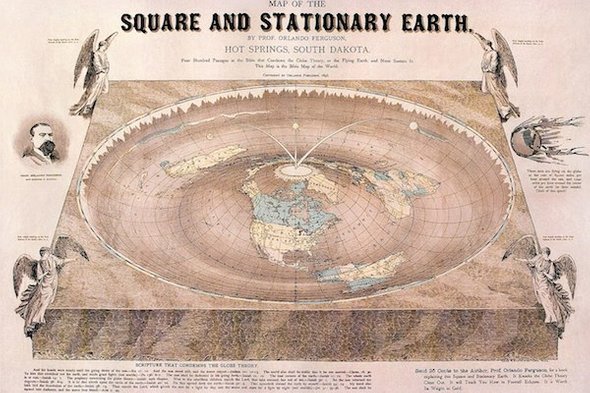 Writing for Scientific American's blog (August 21, 2018), Craig A. Foster of the US Air Force Academy and NCSE's Glenn Branch discuss what "seems to have been the first systematic attempt to assess the American population's views on the shape of the Earth."
Writing for Scientific American's blog (August 21, 2018), Craig A. Foster of the US Air Force Academy and NCSE's Glenn Branch discuss what "seems to have been the first systematic attempt to assess the American population's views on the shape of the Earth."
Despite ambiguities in the details provided by the pollster, Foster and Branch concluded that younger people were less likely to agree with the scientifically established view of the shape of the Earth, although apparently not as less likely as previously reported. The reason is not because they are more likely to agree that the Earth is flat, however, but because they are more likely to be uncertain or ambivalent about the shape of the Earth. The reason for their uncertainty or ambivalence is unclear, and further survey research will be needed.
Foster and Branch conclude with the moral that although "the results of a single public opinion survey are by no means authoritative ... reliable and transparent survey research is crucial in considering public understanding and acceptance of science."
